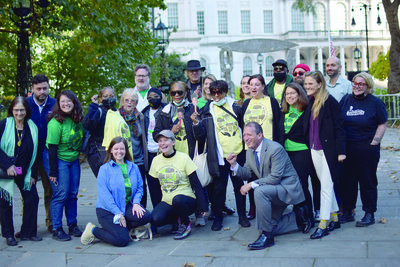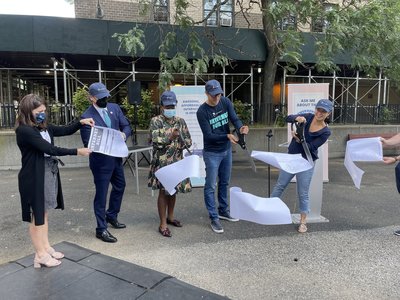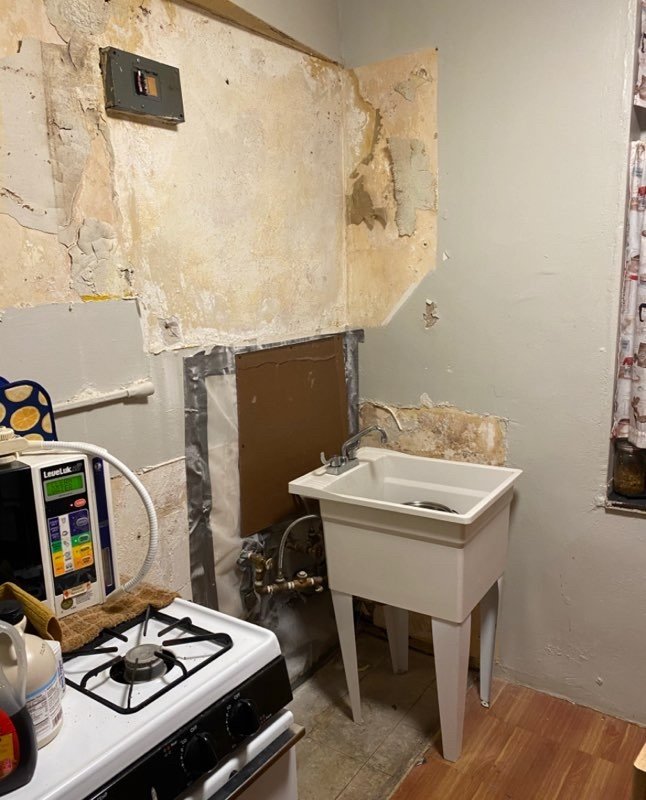Flooding upgrades at NYCHA properties
The New York City Housing Authority (NYCHA) has announced a new joint program with the Department of Environmental Protection (DEP) to improve drainage systems and reduce flooding at housing developments throughout the city.
Costing $29 million in total, the new projects are aimed at bringing climate resiliency to a number of vulnerable NYCHA properties, particularly those that are close to the water or other high-risk flooding locations.
“Funding these ongoing upgrades at NYCHA properties will improve the quality of life for residents while also reducing neighborhood flooding and any sewer overflow into local waterways,” said DEP commissioner Vincent Sapienza.
Work is set to begin immediately at a number of locations in Brooklyn, including Gowanus Houses, Boulevard Houses, Linden Houses, and Van Dyke Houses. Other locations throughout the borough are set to receive upgrades by the end of next year, including Kingsborough Houses and Seth Low Houses.
Typically, NYCHA is responsible for drainage at each of its properties. However, DEP saw the opportunity to capture significant stormwater across the portfolio of NYCHA properties, which would ease pressure on neighborhood sewers and reduce overflows into local waterways.
DEP engineers survey the sites and green infrastructure installations are designed to meet the specific needs. That could include permeable concrete sidewalks, subsurface infiltration chambers, and rain gardens, keeping water from entering the sewer system, where it could lead to flooding.
“Infrastructure needs don’t discriminate based on agency purview, and I hope the city continues to build on these types of partnerships as we work to tackle the growing challenges of climate change and water management,” said Borough President Eric Adams.




